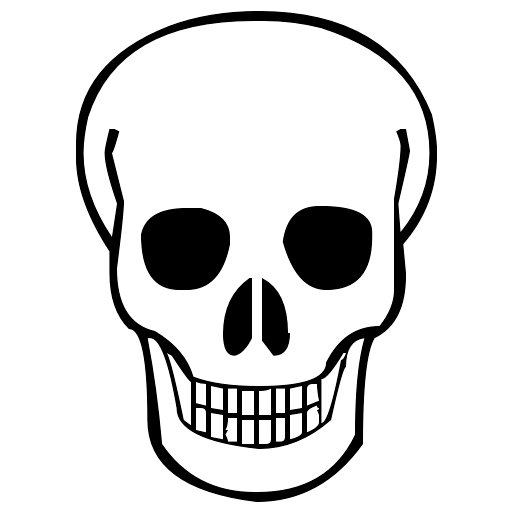Register
Showing all 8 resultsSorted by price: low to high
-

1-Week Free Trial
$0.00 for 1 week Add to Cart -

Protected: LECOM SAAO – Seton Hill
$10.00 / year Add to Cart -

Protected: LECOM SAAO – Erie
$10.00 every 4 years Add to Cart -

Protected: CHS Buffalo
$10.00 / year Add to Cart -

1-Month Subscription
$59.00 / month Add to Cart -

3-Month Subscription
$79.00 every 3 months Add to Cart -

6-Month Subscription
$99.00 every 6 months Add to Cart -

1-Year Subscription
$159.00 / year Add to Cart
